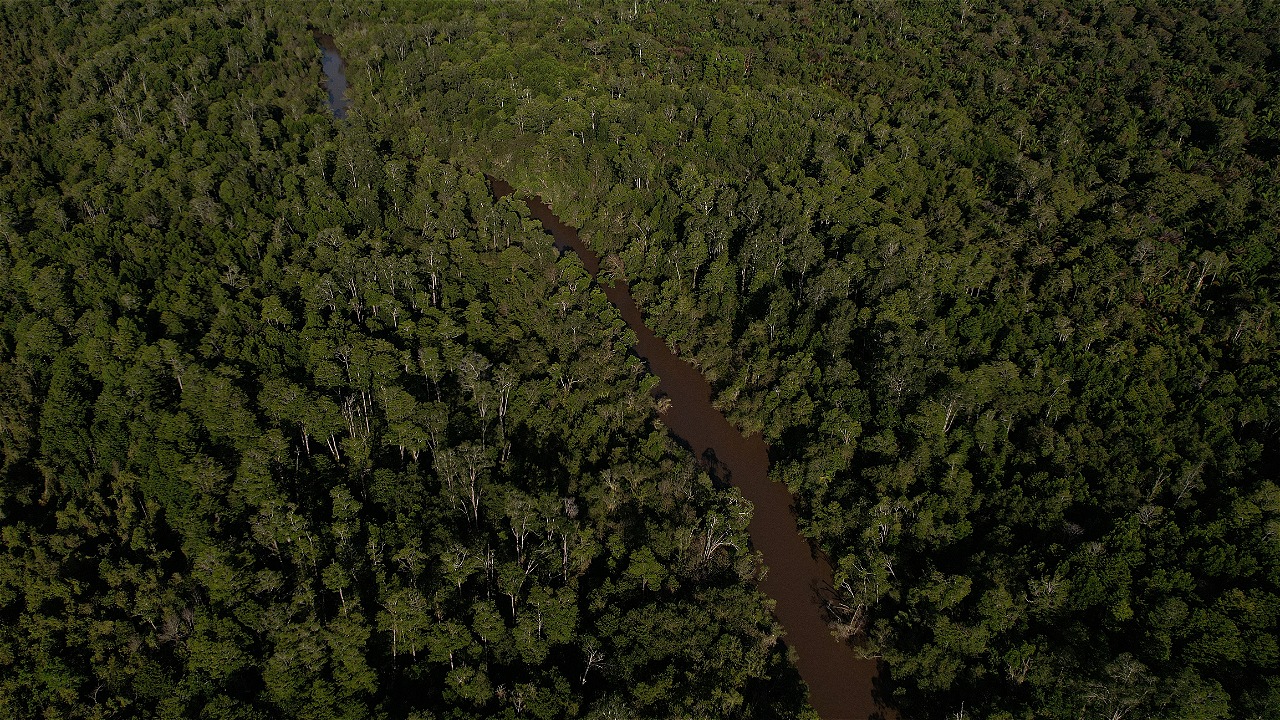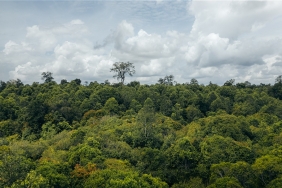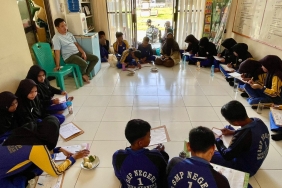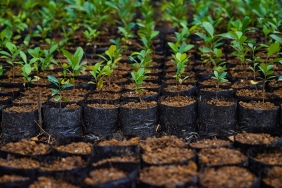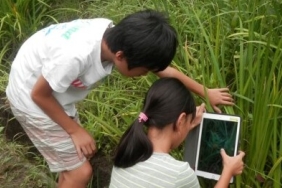LIGHTING THE LAMP FOR SUSTAINABLE DEVELOPMENT THROUGH EDUCATION IN THE LAND OF PAPUA
By: Natalia Trita Agnika
Today, May 2, we again celebrate National Education Day. The celebration raises awareness about the importance of human quality. In his speech welcoming National Education Day 2016, Minister of Education & Culture Anies Baswedan said, "The quality and level of education have a major impact on the space of opportunity to advance and prosper. So ensuring that every Indonesian human being has access to quality education throughout his or her life is the same as ensuring the glory and sustainability of the nation."
One form of education that can have a major impact on development is Education for Sustainable Development (ESD). Education for Sustainable Development enables every human being to acquire the knowledge, skills, attitudes and values necessary to shape a sustainable future.
As a conservation organization, WWF-Indonesia believes that education has a close relationship with conservation efforts. WWF-Indonesia developed the ESD program by taking a comprehensive approach to schools, which consists of school culture and ethos, teaching and learning, students, community involvement, infrastructure, monitoring, and evaluation. Through this ESD program, schools are guided to become a center of learning for the school community as well as for the surrounding community.
One of the ESD programs that has been developed by WWF-Indonesia is in Papua, namely in Jayapura City, Asmat Regency, Cenderawasih Bay National Park Area (Gurano Bintang Module book), Abun - Tambrauw Regency, and which is in the process of preparation is in Jayapura Regency. WWF-Indonesia Papua Program collaborates with the local government, especially the Department of Education and the Education Quality Assurance Agency (LPMP), the Technical Implementation Unit (UPTD) of education, as well as the target schools in conducting ESD programs. For example, for the ESD module development process, WWF always works with a team of teachers appointed by the local UPTD Education and LPMP of Papua and West Papua Provinces. The resulting environmental education module contains basic knowledge about the environment with examples that raise local Papuan content.
The active involvement of teachers, education office staff, and LPMP in the training process, module development, and monitoring has resulted in a positive response to the ESD program. The students also feel happy to follow the lessons, especially when the lessons use the play while learning method. Some effective methods that have been carried out and favored by students are the use of learning aids such as movies, posters, and the use of themes that are contextual to local environmental conditions.
Through this ESD program, the next generation in Papua is expected to grow into a generation that is aware of the importance of the existence and preservation of natural resources. Moreover, Papua is one of the regions in Indonesia that has extraordinary natural resources. Including environmental aspects is very important in the character building process of the younger generation. This can increase their understanding of protecting the environment, sea and forests with ancestral cultural values and local wisdom.< br />
Happy National Education Day. Let's light the lamp, explain the ideals, and preserve Indonesia's nature!

